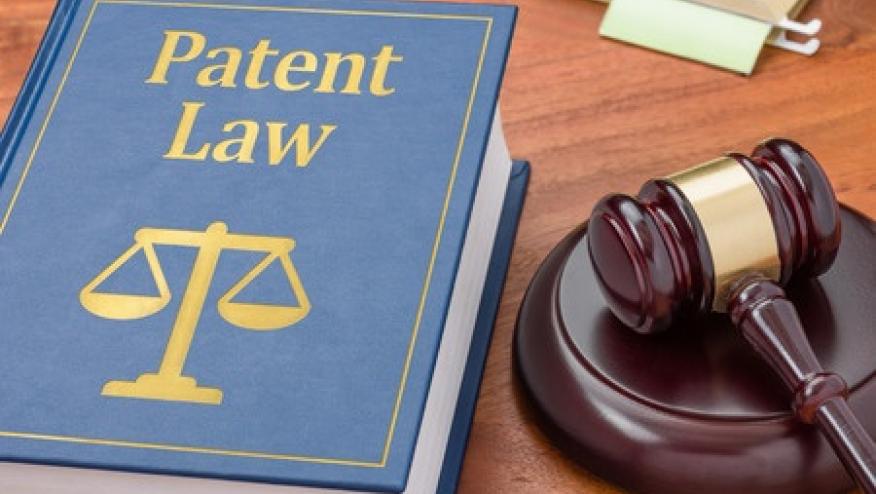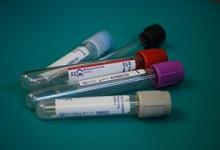Will Patent Extensions Delay Biosimilar Arrivals? Save

In the last 6 months, the FDA Arthritis Advisory Committee has recommended three biosimilars (CT-P13, GP-2015, ABP-501) for approval, with one achieving FDA approval Inflectra/CT-P13) and the other two pending a probable approval in the months to come.
The introduction of these biosimilars to adalimumab (ABP-501), infliximab (Inflectra) and etanercept (GP-2015) is likely to yield substantial cost benefits in the USA, even though many wonder about their uptake and issues of interchangeability and extrapolation amongst prescribers.
The progress of these new competing biosimilar drugs may be impeded by the originator companies deploying new patents and extensions for the originator drugs (Remicade, Humira) to prevent the introduction of their "generic" or biosimilar versions.
Seven of the world’s top 10 selling drugs in 2015 were biologics. Humira was No. 1 with $14 billion in global sales and Enbrel was No. 3 at $8.7 billion, according to the website PharmaCompass. However, the introduction of biosimilars has turned this big money game into a big legal chess match.
While Inflectra (Remicade biosimilar) was approved by the FDA in April, it is not yet on the market, in part because of patent issues. Some suggest this drug will not be marketed for many months (primarily over patent issues), yet Pfizer hints that it is planning to introduce Inflectra this year. Although the FDA is expected to approve the two biosimilars in the coming months, patent negotiations might keep them off the market.
Currently, only Enbrel has the coveted position of a patent extension till 2029. As such it may be on the market without biosimilar competition for 31 years.
While the patent for Remicade has already expired, this is being appealed.
Humira has been on the market for 14 years, but it's patent expires at the end of 2016. AbbVie, has amassed more than 70 newer patents, covering its drugs different formulations and multiple disease indications. Extensions will be litigated over formulation patents, methods of treatment (dosing and indications). While Abbvie is one of the few pharmaceutical companies not developing a biosimilar product, there are several companies deveoping biosimilar versions of adalimumab (Amgen, Pfizer, Sandoz, Boehringer-Ingelheim) that will likely challenge Abbvie's patent position.
Although the biosimilar landscape is rapidly changing, they may be slowed by upcoming patent hurdles. The current future of biosimilars in the USA may be determined by the courts and not by patients or physicians.










If you are a health practitioner, you may Login/Register to comment.
Due to the nature of these comment forums, only health practitioners are allowed to comment at this time.